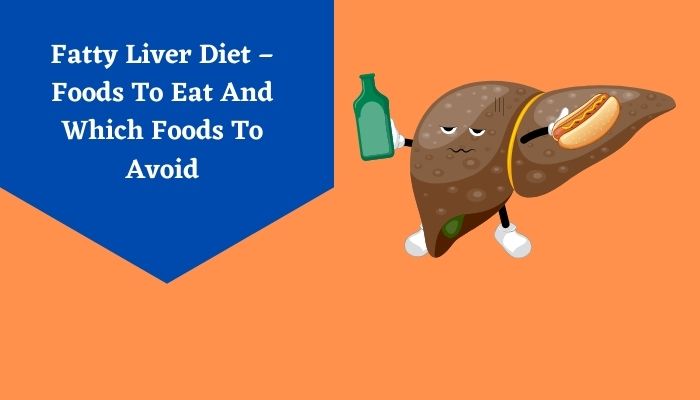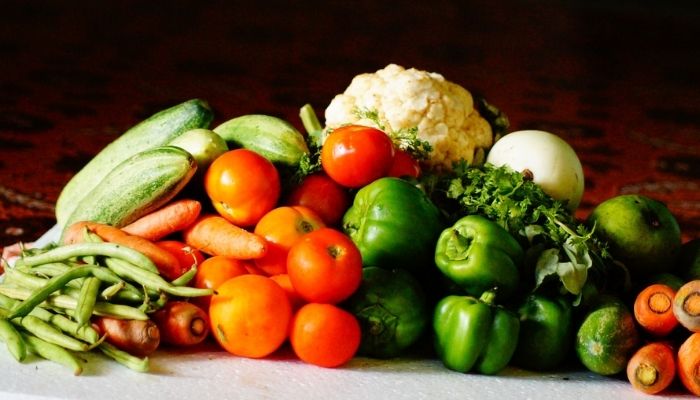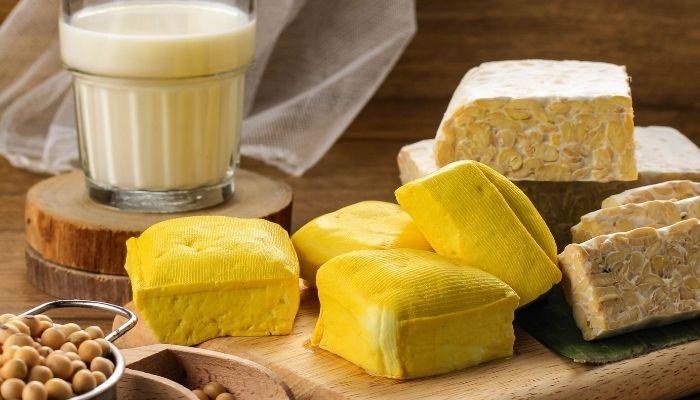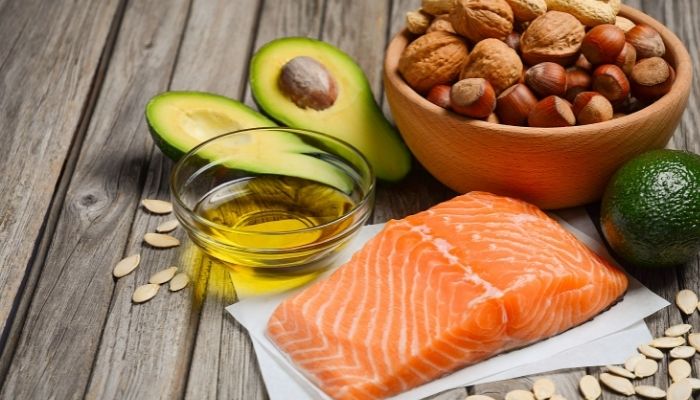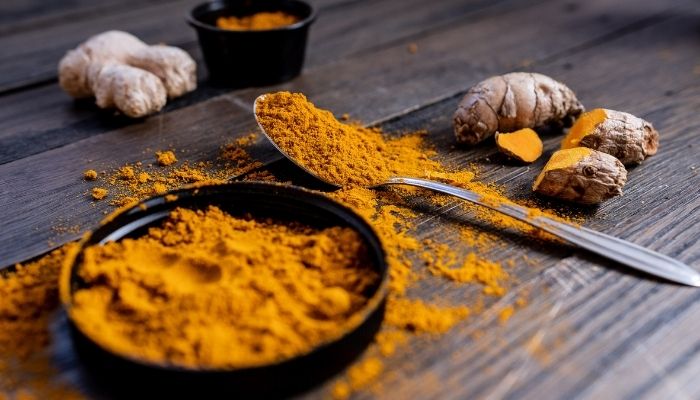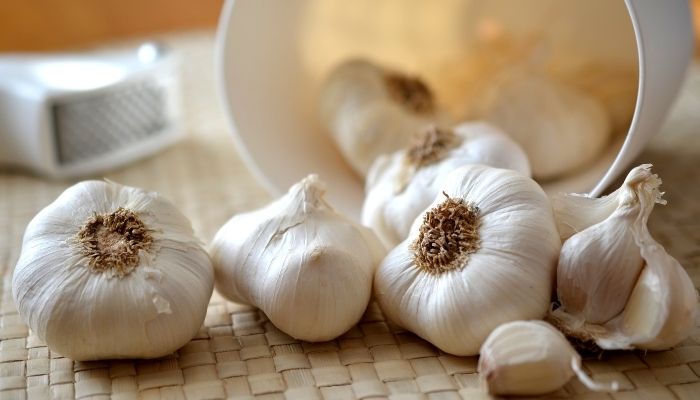Fatty liver is one of the leading causes of liver failure; this is because a person with fatty liver has excessive quantities of fat in the liver. This anomaly can lead to cirrhosis and turn into liver failure fairly quickly before the patient realises it.
One of the best ways to control the condition is with a fatty liver diet that limits the amount of good and bad fats that you consume and regulates good health in your organs of synthesis. This healthy diet will help you know how to reduce fatty liver naturally without stepping out from home for hard and harsh workouts.
An Overview of Fatty Liver Disease
Fatty liver disease is often considered a silent killer as patients usually don’t have any symptoms; it is often detected in regular screenings or by accident during imaging tests. It is closely related to conditions like diabetes and obesity and increases the risk of cardiovascular diseases. Generally, the terminology fatty liver disease is used instead of non-alcoholic fatty liver disease (NAFLD), which is an umbrella term and is not related to alcohol use. NAFLD or fatty liver disease can be of two types:- Non-alcoholic fatty liver (NAFL)
- Non-alcoholic steatohepatitis (NASH)
9 Best Foods to eat with fatty liver
1. Green Leaves And Vegetables
Green leaves and vegetables have great potential to help fight the symptoms and effects of fatty liver disease. The phytonutrients found in these natural products help regulate good health by introducing polyphenols, antioxidants, and preventing the buildup of fatty substances.They are best consumed raw in the form of salads though as cooking on high heat can cause them to lose most of their nutrients.
2. Small Quantities Of Coffee
While coffee does have its ups and downs, on a fatty liver diet, coffee is an excellent solution to help lower the liver enzymes that abnormally affect the body.Drinking small quantities of coffee has shown a considerable reduction in the levels of liver fibrosis, especially in those who are diagnosed with Non-Alcoholic Fatty Liver Disease.
3. Soy Products And Beans
Some of the best food for fatty liver includes legumes, beans, soy, and peas, foods that add resistant starches to the body to facilitate better health in the guts.These foods are also known to reduce the amounts of triglycerides and glucose, which inadvertently helps maintain healthy fats in the body.
4. Oatmeal
Oats are incredible sources of fiber and a recommended form of whole grains for patients who have issues with accumulated fats.Incorporating oatmeal in your diet reduces the risks associated with Non-Alcoholic fatty Liver disease by breaking down and expelling the excessive fats from your system.
5. Healthy Fish Fats
Fish is an excellent source of proteins and healthy fats, and they make for excellent substitutes for red meats in particular that are foods to avoid with fatty liver.Tuna, Salmon, Trout, Sardines, and Mackerels are excellent sources of Omega-3 fatty acids that are conversely more beneficial to your body during a fatty liver disease diet. They boost HDL and reduce LDL along with triglycerides. They also help reduce inflammations and the overall levels of fat in the body.
6. Nuts
Nuts are chock-full of healthy oils and nutrients. They not only help reduce the accumulation of fat by simply meeting the body’s requirements for necessary minerals, vitamins, and fats but they also have anti-inflammatory qualities.Additionally, nuts are also great sources to reduce insulin ad stress due to oxidation in the body. Thus, for a fatty liver diet, they fill the gap between meals to maintain a healthy liver.
7. Sunflower Seeds
Another ingredient that is full of natural nutrients is sunflower seed. Not only does it have sufficient amounts of minerals and vitamins to fulfill the body’s requirement but they also contain antioxidants in high amounts.With a handful of sunflower seeds, you can introduce tremendous amounts of Vitamin E and antioxidants into your system to help break down the fats in a fatty liver diet.
8. Turmeric
Turmeric has several benefits on the body, which makes it a shoo-in as food for fatty liver. The doses of the Curcumin pigment make turmeric one of the must-have ingredients in your kitchen regardless of the type of disease you have.On a fatty liver diet, turmeric has incredible qualities to lower the levels of aspartate aminotransferase and serum alanine aminotransferase. These are the enzymes that largely accumulate in people with fatty liver disease so turmeric serves as the ultimate solution against them.
9. Garlic
Garlic is the last and possibly most important ingredient to add to foods on a fatty liver diet. The product is highly effective in fighting off diseases by improving the immune system and strengthening it to fight against the threats of fatty liver disease.Garlic has innately displayed qualities to help people in reducing weight ad lower the levels of enzyme secretion on a fatty liver disease diet.
10. Amla or the Indian gooseberry
Amla is one of the best foods for fatty liver as it improves liver function and can prevent hyperlipidaemia and other metabolic disorders that are associated with non-alcoholic fatty liver disease.11. Green tea
Green tea extracts have been shown to improve fatty liver in controlled studies. Therefore, consuming green tea can have a therapeutic effect on fatty liver and mitigate the diseases progression. A study revealed that people who consumed green tea extract supplements had significantly reduced ALT and AST levels after 12 weeks, which is a good sign for a person with fatty liver.12. Nigella seeds or onion seeds
Scientific evidence supports that nigella seeds, also known as Kalaunji, can have a significant impact on metabolic parameters of fatty liver disease. These seeds can reduce the ALT, AST, LDL-C, and TG levels in the body, and usually, no side effect is seen after consuming nigella seeds. Additionally, garlic, onion, aloe vera, cucumber, and lotus root are some of the best foods for fatty liver.6 Foods To Avoid With Fatty Liver
While the foods for fatty liver fulfill specific requirements to control the fatty liver problem in the body, there are some foods to avoid with fatty liver since they aggravate the problem. Here are a few foods to avoid with fatty liver:1. Alcohol
It is no surprise that even if you suffer from NAFLD which is caused due to non-alcoholic reasons, your liver is incapable of handling the effects of alcohol. Therefore, it is a big no-no.2. Fried Food Items
Another horrible source of foods to avoid with fatty liver is fried items. The number of fats and cholesterol contained in these food items is not even recommended for people in good health. They are certainly not recommended on a fatty liver diet.3. Added Sugar
Sugar in its raw form has several adverse effects. Therefore, on a fatty liver diet, it is best to avoid foods that contain added sugar or excessive sugar.4. Added Salt
Salt can aggravate bloating and high blood pressure it is definitely among foods to avoid with fatty liver.5. Rice, Pasta, And White Bread
Due to the lack of adequate quantities of fiber, foods made of white flour are typically harmful to the body, much so on a fatty liver diet.6. Red Meat
Red meats such as beef contain high amounts of saturated fats that can aggravate the fats in the liver, therefore it is best to avoid them on a fatty liver diet.Fatty liver disease is a serious problem and maintaining a healthy diet is the key to living with it. Using these lists of food for fatty liver and foods to avoid with fatty liver, devise your meal plan and heal your body naturally.
Changing the way of life
- Physically active In addition to consuming best foods for fatty liver, losing weight can be helpful in improving your condition. Healthy weight loss can reduce inflammation in your liver and body. You can consult a personal trainer or a physiotherapist to create a weight loss plan suitable for you and reduce excess weight gradually over time.
- Calculate calorie intake If you consume more energy than you exert, your weight will continue to rise. To lose or maintain an ideal body weight for you, you can keep a tab on your calorie intake.
- Get your vitamins and minerals properly A balanced diet is essential in maintaining good health; supplementing your diet with required vitamins and minerals can help you recover quickly from fatty liver disease.
- Avoid drinking alcohol; if you have trouble quitting, start by reducing your alcohol consumption slowly.
- Ensure that you are not consuming any food, medicine, herbs, or supplements that can have a toxic effect on your liver.
- Get hepatitis A and B vaccination to prevent these conditions from affecting your liver.
- If other health conditions are contributing to your fatty liver, it is important to address them.
- Go for regular screening tests for liver cancer if your fatty liver has advanced to cirrhosis.
